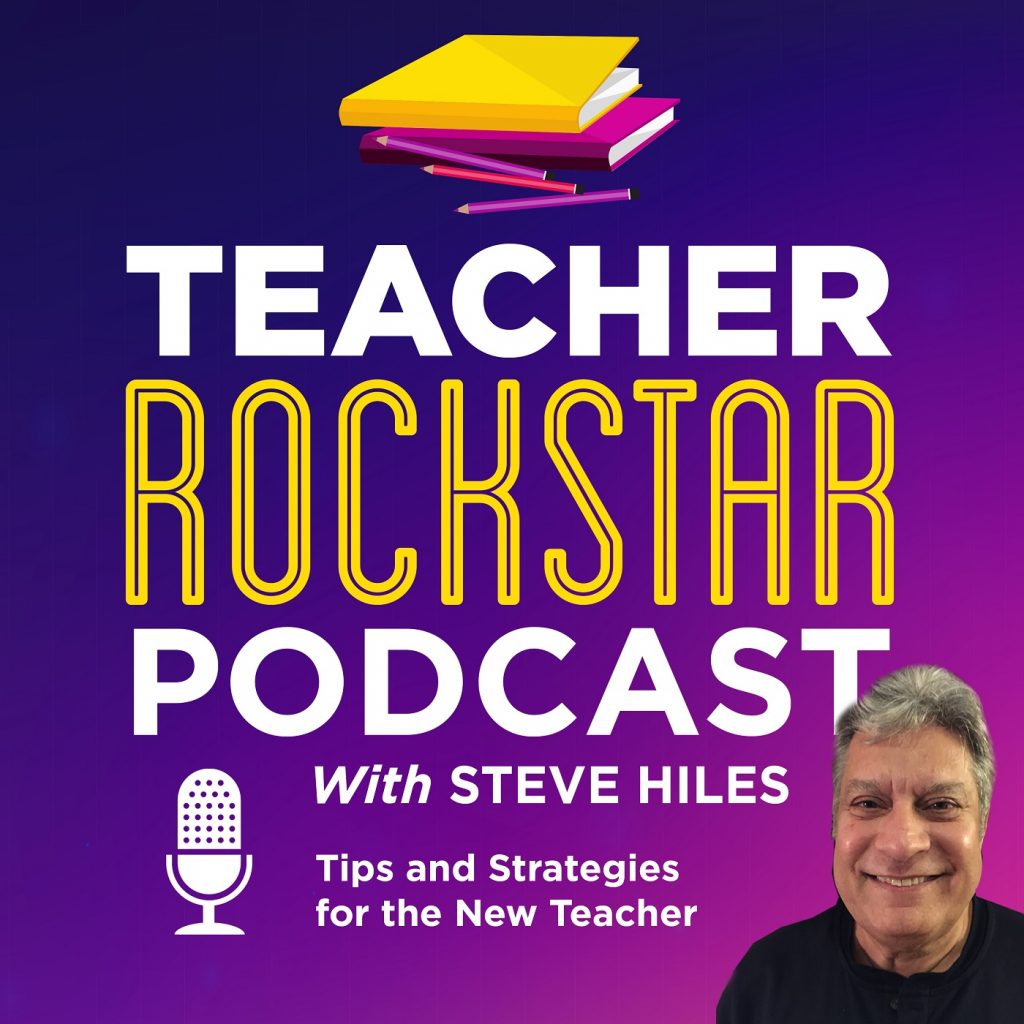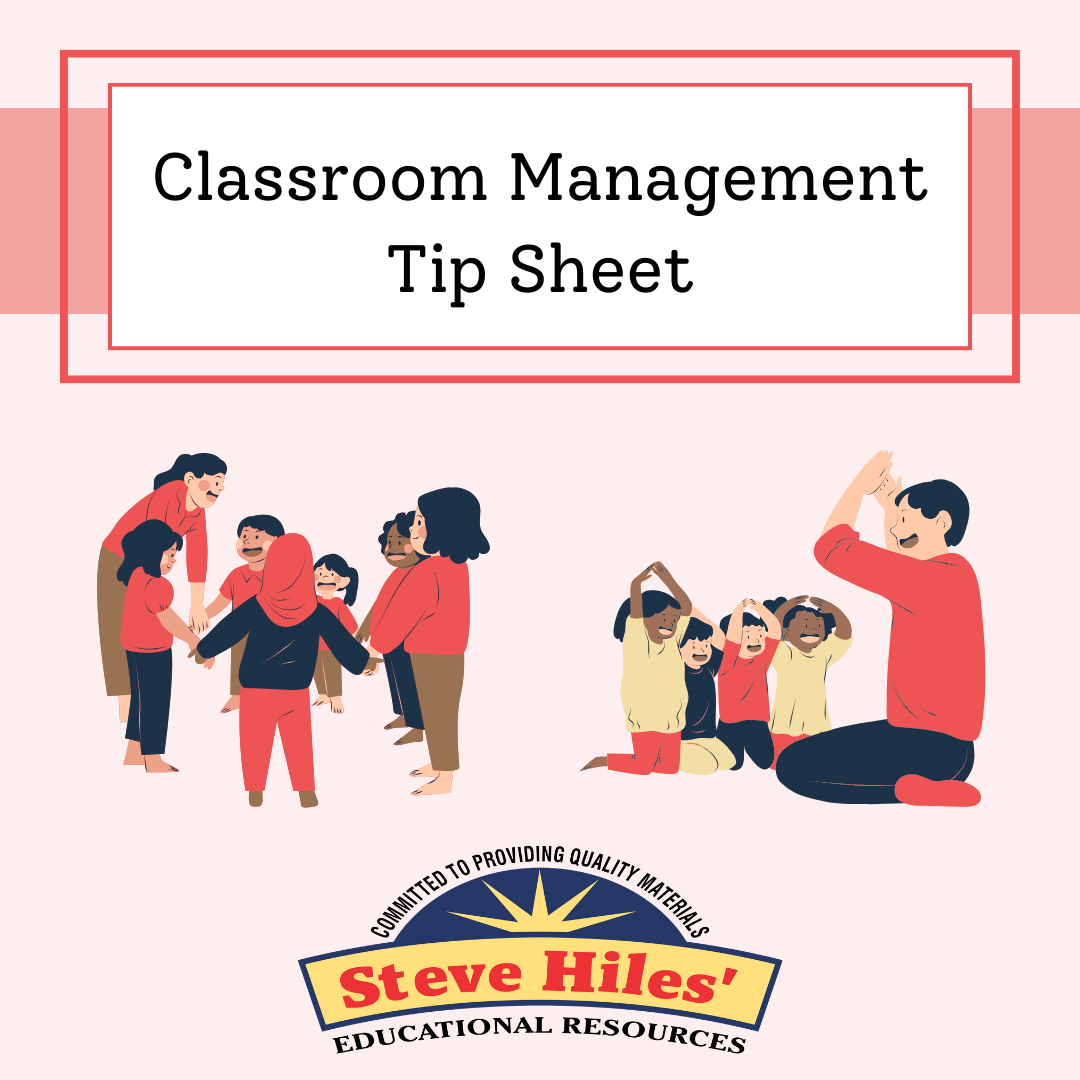Table of Contents
ToggleIntroduction
Starting your teaching career is exciting, rewarding, and—let’s be honest—a little overwhelming. Every new teacher dreams of inspiring students, building a positive classroom culture, and becoming a confident professional. But reality often brings challenges like classroom management, lesson planning, grading, and balancing work with personal life. The good news is that you don’t have to face these challenges alone. By seeking advice for new teachers from mentors, you can gain insights, strategies, and confidence that will set you up for long-term success.
In this guide, we’ll explore practical, real-world guidance from experienced educators who have walked the path before you. Whether you’re teaching elementary school, middle grades, or high school, the lessons shared here will help you thrive.
Why Mentor Advice Matters for New Teachers
When stepping into your first classroom, you’re not just teaching content—you’re managing a room full of unique personalities, emotions, and learning styles. That’s why advice for new teachers from mentors is invaluable. Mentors can provide:
- Classroom-tested strategies that go beyond theory.
- Encouragement and reassurance when challenges feel overwhelming.
- Practical solutions to common problems like student behavior, parent communication, and workload management.
- A supportive voice reminding you that you don’t have to be perfect to be effective.
Think of a mentor as your teaching compass—someone who helps you navigate the ups and downs of your early years in education.
Practical Advice for New Teachers from Mentors
1. Build Strong Classroom Management Skills
One of the most repeated pieces of advice for new teachers from mentors is to prioritize classroom management. Without clear expectations and routines, even the most creative lessons can fall apart.
- Set clear rules and procedures from day one. Students thrive when they know exactly what’s expected of them.
- Be consistent. If you allow exceptions to rules, students will test boundaries. Consistency builds trust.
- Use positive reinforcement. Praise students for their efforts, not just outcomes, to create a culture of growth.
A mentor might remind you that classroom management is less about control and more about building relationships. When students respect you, they’re more likely to respect your rules.
2. Don’t Try to Do Everything at Once
Many new teachers feel pressure to create Pinterest-worthy classrooms, design original lesson plans, and implement every new teaching strategy at once. Experienced educators often give this essential advice: start small and grow gradually.
- Focus on mastering one or two teaching strategies before adding more.
- Borrow lesson plans and resources from colleagues instead of reinventing the wheel.
- Remember that your classroom doesn’t have to look perfect to be effective.
Taking things step by step is a recurring theme in advice for new teachers from mentors. Teaching is a marathon, not a sprint.
3. Develop Strong Relationships with Students
Another powerful piece of advice for new teachers from mentors is to focus on relationships first. Students are more engaged when they feel valued and respected.
- Learn students’ names quickly—it shows you care.
- Take time to understand their interests, strengths, and challenges.
- Show empathy and listen actively when students share concerns.
As one mentor teacher put it, “Students may forget the lesson you taught, but they’ll never forget how you made them feel.”
4. Seek Feedback and Accept Imperfection
New teachers often fear being observed or critiqued, but mentors encourage embracing feedback as a growth tool.
- Ask colleagues to observe your lessons and provide constructive criticism.
- Reflect on what worked and what didn’t after each class.
- Remind yourself that mistakes are part of learning—not a sign of failure.
The best advice for new teachers from mentors often includes this: you don’t need to be a perfect teacher; you just need to be a reflective one.
5. Stay Organized to Manage Workload
Teaching involves more than instruction. Grading, lesson planning, communication, and meetings can easily pile up. To avoid burnout, mentors often suggest:
- Create systems for lesson planning, grading, and paperwork.
- Use digital tools to streamline tasks like parent communication or assignment submissions.
- Plan ahead but stay flexible when things don’t go as expected.
Staying organized helps you focus more energy on teaching and less on stress.
6. Collaborate and Build a Support Network
A common theme in advice for new teachers from mentors is the importance of community. Teaching can feel isolating if you try to handle everything alone.
- Lean on your grade-level team or subject-area colleagues.
- Share resources, ideas, and classroom strategies.
- Don’t be afraid to ask questions—most teachers love helping newcomers.
Remember: collaboration isn’t a sign of weakness, but a strength that improves student outcomes.
7. Focus on Continuous Learning
Great teachers never stop learning. Mentors stress the importance of professional growth:
- Attend workshops, conferences, or webinars to expand your skills.
- Read books and blogs written by experienced educators.
- Join professional organizations or online communities for support.
By embracing growth, you’ll not only improve your teaching but also keep your passion alive.
8. Maintain Work-Life Balance
Many mentors warn new teachers about burnout. Teaching can consume all your time if you let it, but it’s essential to set boundaries.
- Leave school work at school when possible.
- Prioritize hobbies, family, and rest.
- Remember that a healthy, balanced teacher is more effective in the classroom.
The most valuable advice for new teachers from mentors often comes down to this: take care of yourself so you can take care of your students.
Words of Encouragement from Experienced Mentors
Here are a few motivational reminders shared by seasoned teachers:
- “Every class is different.” Don’t be discouraged if what worked yesterday doesn’t work today.
- “Progress takes time.” You won’t master everything in your first year, and that’s okay.
- “Celebrate small wins.” Whether it’s a breakthrough with a struggling student or surviving a tough week, acknowledge your victories.
- “Your impact is bigger than you think.” Even when students don’t show it, your efforts make a difference in their lives.
This heartfelt encouragement is perhaps the most meaningful advice for new teachers from mentors—knowing that you’re not alone and that your work matters deeply.
Common Mistakes New Teachers Can Avoid
Mentors also highlight pitfalls that new teachers often encounter:
- Trying to be friends with students instead of setting boundaries.
- Overplanning lessons without leaving room for flexibility.
- Comparing themselves to veteran teachers.
- Neglecting self-care and burning out early.
- Avoiding difficult conversations with parents or administrators.
By learning from these mistakes, you can save yourself stress and focus on what truly matters—your students’ growth.
Long-Term Benefits of Listening to Mentor Advice
The value of advice for new teachers from mentors goes far beyond your first year. Teachers who actively seek and apply mentor guidance often experience:
- Stronger classroom management skills.
- Greater confidence and resilience.
- Better student engagement and achievement.
- Stronger professional networks.
- Longer, more fulfilling teaching careers.
In short, mentor advice isn’t just about surviving your first year—it’s about thriving for decades to come.
Final Thoughts
Beginning your teaching journey can feel overwhelming, but you don’t have to figure everything out on your own. Seeking advice for new teachers from mentors is one of the smartest moves you can make. From classroom management and workload organization to relationship-building and self-care, the wisdom of experienced educators provides a roadmap for success.
Remember: you don’t need to be perfect—you need to be consistent, reflective, and willing to grow. With the guidance of mentors and the resilience within yourself, you’ll not only survive your first years of teaching but also discover the joy and fulfillment that drew you to education in the first place.







